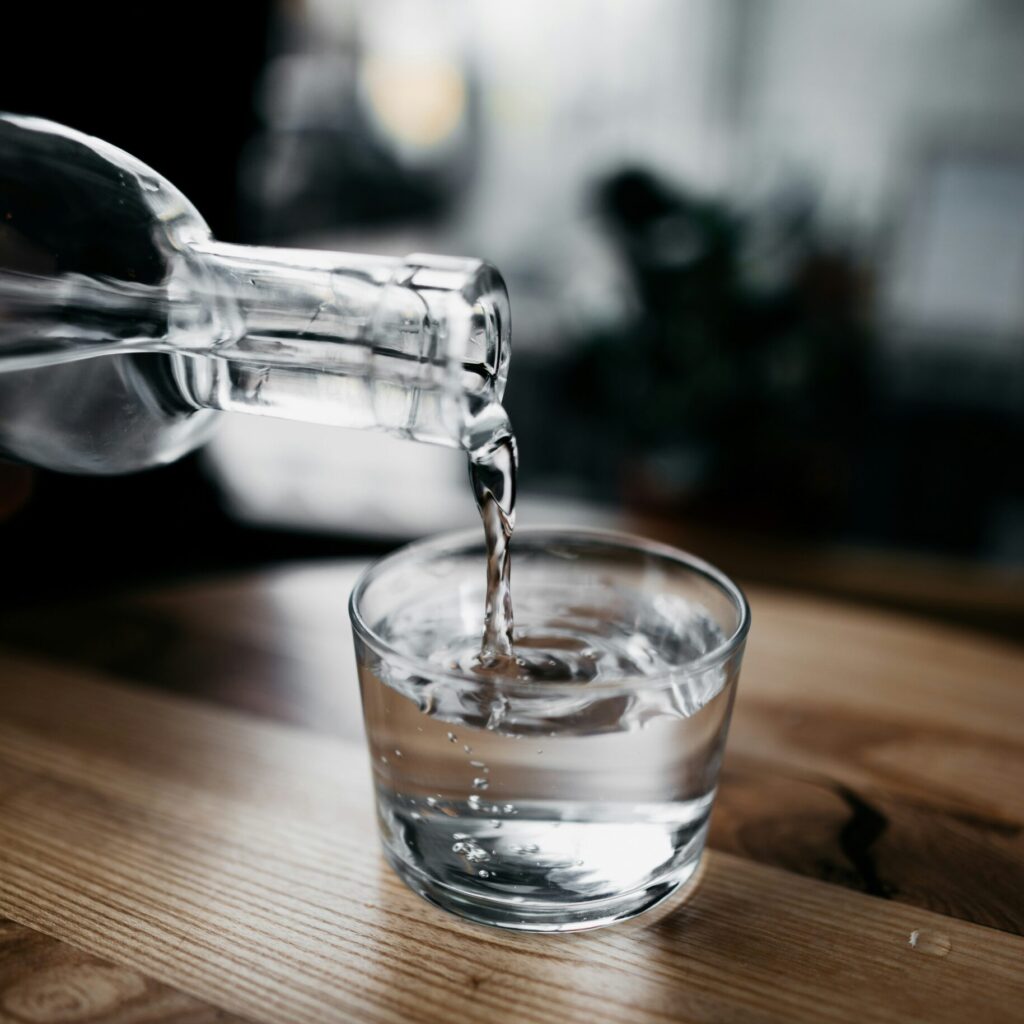Summary
Understanding the importance of water in health and fitness is key — it’s one of the simplest yet most powerful tools for improving your wellbeing, performance, and recovery. Staying hydrated supports everything from energy levels and focus to strength, endurance, and metabolism. Whether you’re chasing a PB in the gym or simply want to feel better day to day, your hydration habits play a major role in how your body performs.

The Role of Hydration in Fitness
When you exercise, your body temperature rises. To cool down, you sweat — and with that sweat, you lose fluids and electrolytes. If those fluids aren’t replaced, dehydration can set in, leading to fatigue, poor focus, and reduced performance.
According to the Australian Institute of Sport (AIS), even a 2% loss in body weight from fluid can noticeably impair physical and mental performance. That means if you weigh 70 kg, losing just 1.4 kg in sweat without replacing it can affect endurance, coordination, and recovery.
Dr. Lawrence Armstrong, a leading hydration researcher, explains:
“Dehydration doesn’t just impact your physical capacity… it can alter mood, increase perception of effort, and reduce motivation to train.”
Signs You May Be Dehydrated
Dehydration can look different for everyone, but common signs include:
- Headaches or dizziness
- Fatigue or sluggishness
- Dark urine (pale yellow is ideal)
- Muscle cramps
- Dry mouth or lips
- Difficulty focusing
If you feel thirsty, you’re already mildly dehydrated — so don’t wait for thirst to remind you to drink.
How Much Water Do You Really Need?
Your daily fluid needs depend on factors like activity level, body size, temperature, and sweat rate.
As a general guide, aim for:
- 2–3 litres per day for most adults (including water from food and drinks)
- An extra 500–1000 ml for every hour of moderate to intense exercise
- An extra 500-1000ml if you are in a creatine cycle
If you’re training for long durations or in hot conditions, electrolyte drinks can help replace sodium and potassium lost through sweat — key minerals that maintain fluid balance and muscle function.
For more detailed guidance, see our article on hydration tips for athletes.
What to Drink (and What to Avoid)
Best choices: Water is always the gold standard. For sessions over 60 minutes, sports drinks can help replenish carbohydrates and electrolytes.
Bonus tip: Fruits and vegetables like oranges, watermelon, and cucumber also contribute to hydration.
Avoid: Sugary soft drinks, cordial, or excess caffeine. They can cause energy crashes or increase urine loss.
Rehydrating After Exercise
After training, aim to drink 1.5 times the fluid lost during your session over the next few hours. This helps account for ongoing fluid losses through sweat and urine. A simple method is to check your urine colour — clear to light yellow means you’re rehydrated.
As performance nutritionist Dr. Asker Jeukendrup notes on Importance of Water in Health and Fitness:
“Hydration isn’t just about water — it’s about timing, electrolytes, and consistency. You can’t fix dehydration in one go.”
Final Thoughts: Hydrate for a Healthier, Stronger You
Hydration is more than just drinking when you’re thirsty — it’s about fuelling your body to function at its best. Consistent hydration supports performance, improves recovery, and helps you feel more energised both in and out of the gym.
So next time you reach for your water bottle, remember… it’s not just a habit — it’s a performance enhancer.
References
- Australian Institute of Sport. Hydration for Sport. (2024). https://www.ais.gov.au
- Jeukendrup, A., & Gleeson, M. (2019). Sport Nutrition: An Introduction to Energy Production and Performance.Human Kinetics.
- Armstrong, L. E. (2023). Hydration and Physical Performance: Update on the Effects of Dehydration. Journal of the American College of Nutrition.
- Centers for Disease Control and Prevention (CDC). Water & Nutrition. (2023). https://www.cdc.gov/healthyweight/healthy_eating/water-and-health.html
- Australian Dietary Guidelines. Eat for Health. (2022). https://www.eatforhealth.gov.au
~ Tiahn